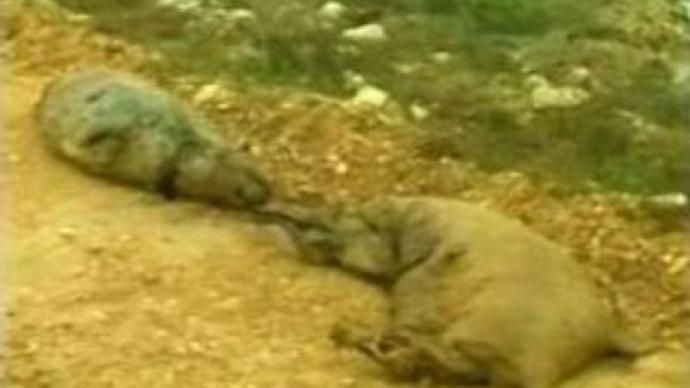Ecologists mystified by seal deaths

Hundreds of dead seals have been found in the Caspian Sea, and officials say the number is on the rise. Experts are trying to find out if the animals died from natural causes, or if oil production nearby is to blame.
Ecologists are continuing their attempts to find out why the population has been so badly affected.Hundreds of seals have been dying off the Western coast of Kazakhstan, in the Caspian Sea. Deaths have been reported between the oil deposits Kalamkas and Karazhanbas in the Kazakhstan's Mangistau region. Intensive oil production has been going on at the two large oil fields for over 25 years.The Emergencies Ministry of Kazakhstan has reported 303 animals have died since March 30.Fines, halting of drilling operations, and other sanctions could be levied against oil companies, if found responsible.But the cause of these deaths could be the result of natural factors, as the Deputy Head of the Kazakh Environmental Protection Agency, Marat Orynbasarov, has said. “My personal opinion is that the cause of these seals’ death is natural because according to scientists’ research carried out for many years, an average of 10 to 15 % of young seals die every year,” he noted.
You can share this story on social media:












